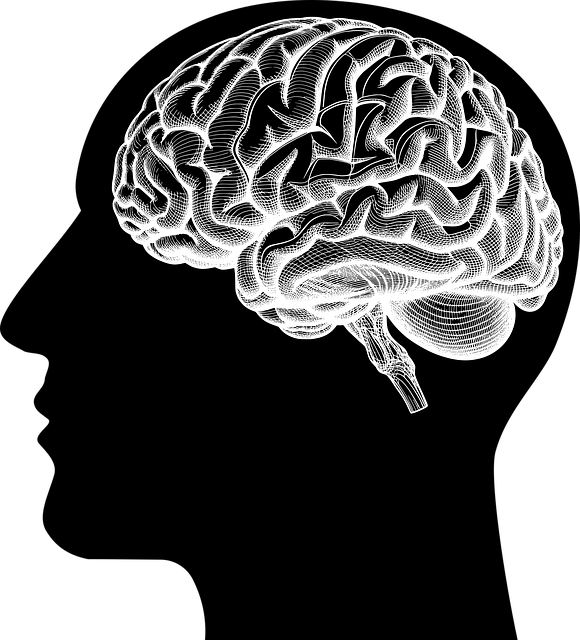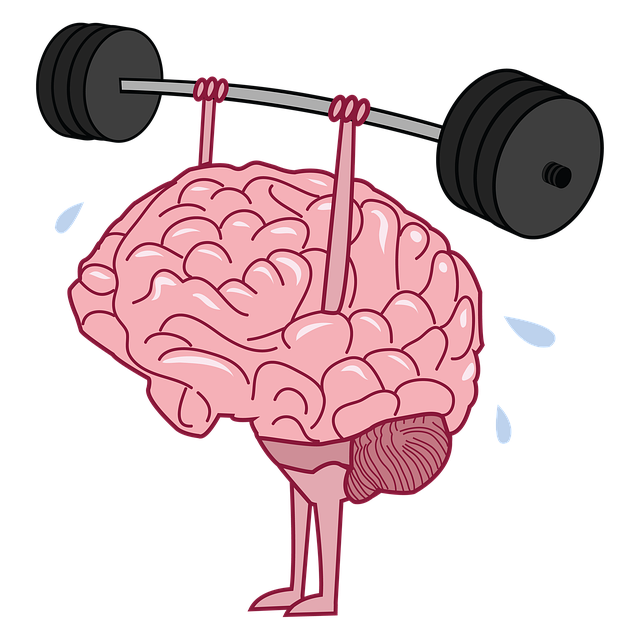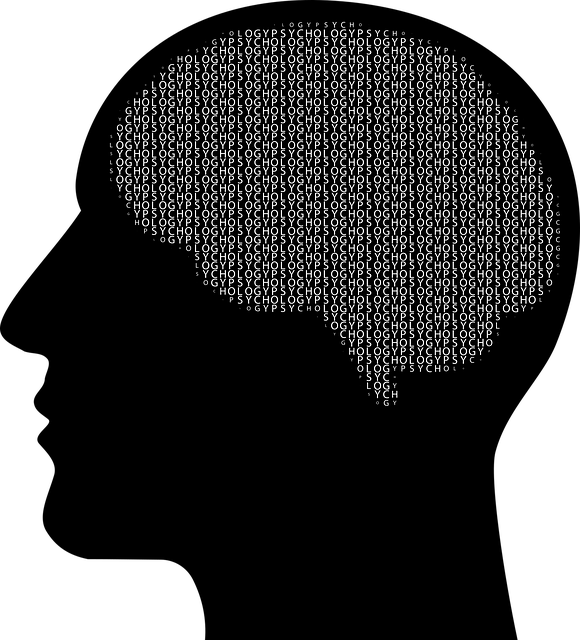Lakewood Obsessive Compulsive Disorder (OCD) Therapy offers a culturally sensitive, holistic approach to managing OCD, empowering individuals with self-care tools. Mental health advocacy plays a crucial role in challenging societal stigma through sharing stories, public education, and social media engagement. Effective advocacy involves multi-faceted strategies like educational programs, community conversations, and burnout prevention for healthcare providers, fostering an inclusive environment where individuals feel valued and encouraged to seek essential treatment options like OCD therapy.
Mental health advocacy initiatives play a pivotal role in fostering understanding and support for individuals facing challenges like OCD. This comprehensive guide delves into the complex world of Lakewood Obsessive Compulsive Disorder (OCD) therapy, exploring effective strategies to break down stigma and promote mental wellness. By understanding the role of advocacy, we can create a more inclusive society that offers crucial support to those navigating OCD. Discover actionable steps for launching and sustaining initiatives that make a tangible difference in the lives of affected individuals.
- Understanding Lakewood Obsessive Compulsive Disorder (OCD) Therapy: A Comprehensive Guide
- The Role of Advocacy in Mental Health: Breaking Down Stigma and Promoting Support
- Effective Strategies for Launching and Sustaining Mental Health Advocacy Initiatives
Understanding Lakewood Obsessive Compulsive Disorder (OCD) Therapy: A Comprehensive Guide

Lakewood Obsessive Compulsive Disorder (OCD) Therapy offers a comprehensive guide to understanding and managing this complex mental health condition. OCD is characterized by intrusive thoughts and repetitive behaviors, impacting daily life. The therapy focuses on helping individuals recognize and challenge these unhelpful patterns, providing tools for self-care routine development that promotes emotional well-being.
Cultural sensitivity plays a vital role in effective OCD treatment. Therapists adapt their approach to respect individual cultural backgrounds, ensuring inclusive practices. By incorporating cultural sensitivity into mental healthcare, the therapy enhances emotional well-being promotion techniques, catering to diverse communities. This holistic approach ensures that everyone receives tailored support for their unique needs.
The Role of Advocacy in Mental Health: Breaking Down Stigma and Promoting Support

Advocacy plays a pivotal role in the mental health landscape, acting as a catalyst for positive change and raising awareness. It empowers individuals with mental health conditions, like Lakewood Obsessive Compulsive Disorder (OCD) Therapy, to speak up and share their experiences, thereby challenging societal perceptions and reducing stigma. By engaging in advocacy, people can break free from the shadows of isolation and shame, fostering a sense of community and support. This is crucial for improving self-esteem and encouraging those affected to seek help without fear of judgment.
Through various initiatives, mental health advocates educate the public about different conditions, dispel myths, and promote understanding. They organize campaigns, participate in local events, and utilize social media platforms to share stories and resources. Such efforts contribute to enhanced Mental Health Awareness, ensuring that more people recognize the importance of early intervention and ongoing support. This collective action creates an environment where individuals feel valued, encouraging open conversations about mental health and ultimately leading to better access to treatment options like OCD therapy.
Effective Strategies for Launching and Sustaining Mental Health Advocacy Initiatives

Effective strategies are pivotal for launching and sustaining mental health advocacy initiatives. One key approach involves mental wellness promotion through educational programs and awareness campaigns that target both general populations and specific communities, such as those with Lakewood Obsessive Compulsive Disorder Therapy needs. Engaging influencers, leveraging social media, and collaborating with local organizations can amplify these efforts, fostering an environment where mental illness is openly discussed and supported.
Additionally, mental illness stigma reduction efforts should be central to advocacy initiatives. Stigma often prevents individuals from seeking help, so events like Mental Health Awareness Days, workshops focusing on empathy and understanding, and community conversations can significantly contribute to breaking down barriers. Incorporating burnout prevention strategies for healthcare providers is also crucial, as advocate-providers play a vital role in sustaining these initiatives over time. By prioritizing their own mental health and well-being, they can maintain the passion and resilience necessary to drive long-term positive change.
Mental health advocacy initiatives, such as those focused on understanding and treating conditions like Lakewood Obsessive Compulsive Disorder (OCD), play a pivotal role in breaking down stigma and promoting support. By combining comprehensive guides to therapy with effective strategies for launching and sustaining advocacy efforts, we can create a more inclusive and supportive society. Remember that, through collective action, we have the power to revolutionize mental health care and ensure folks receive the help they need.














